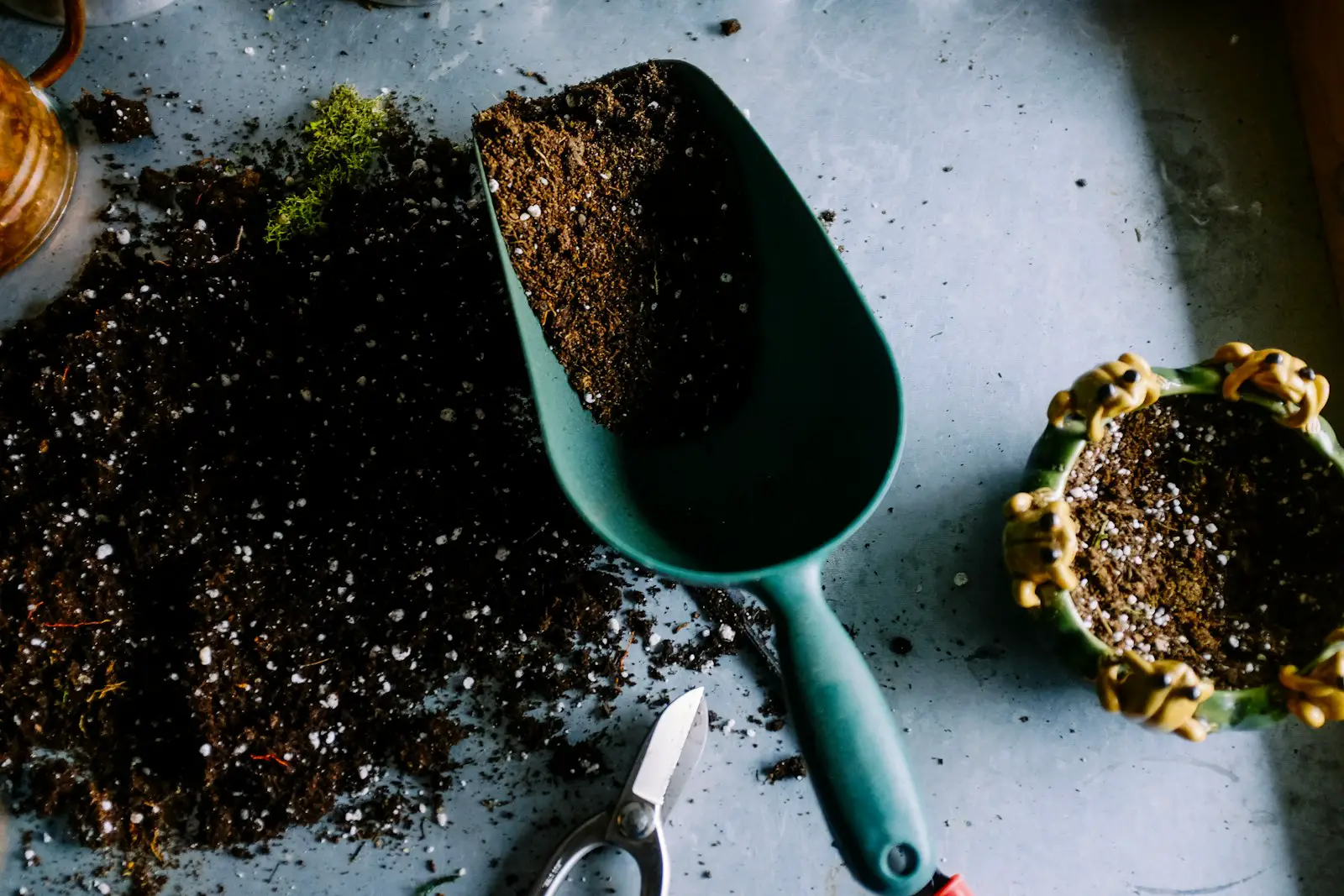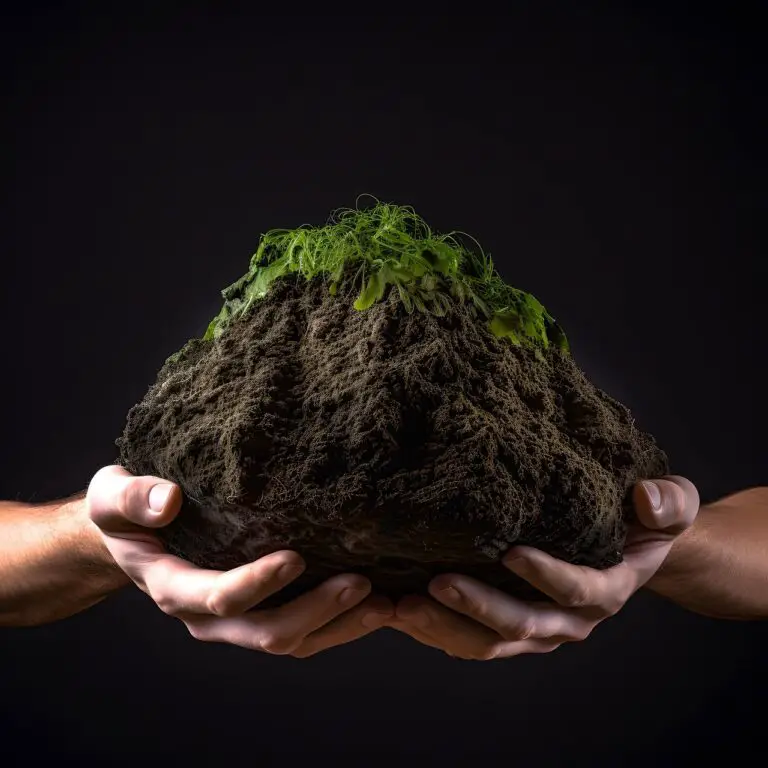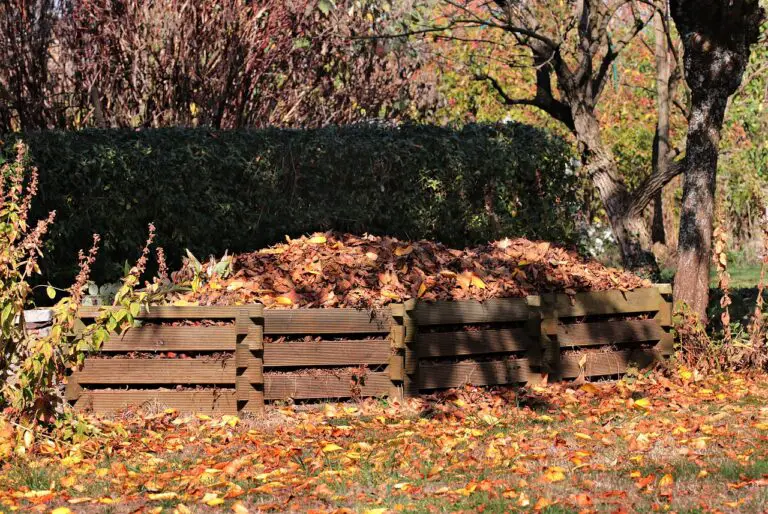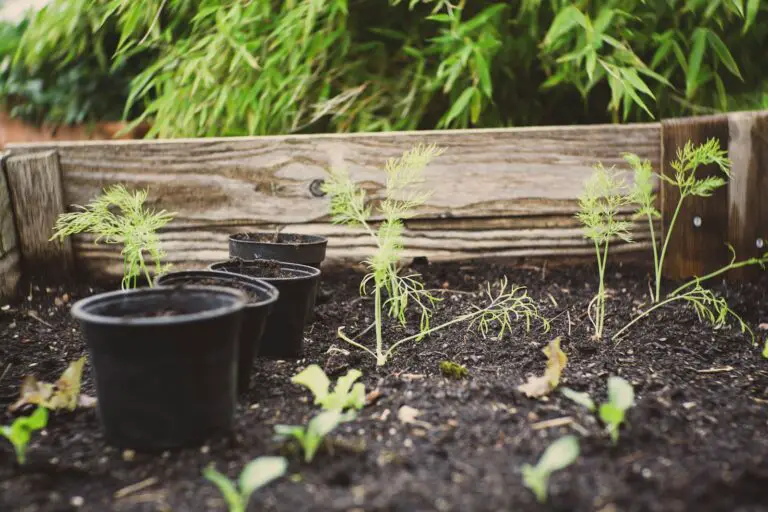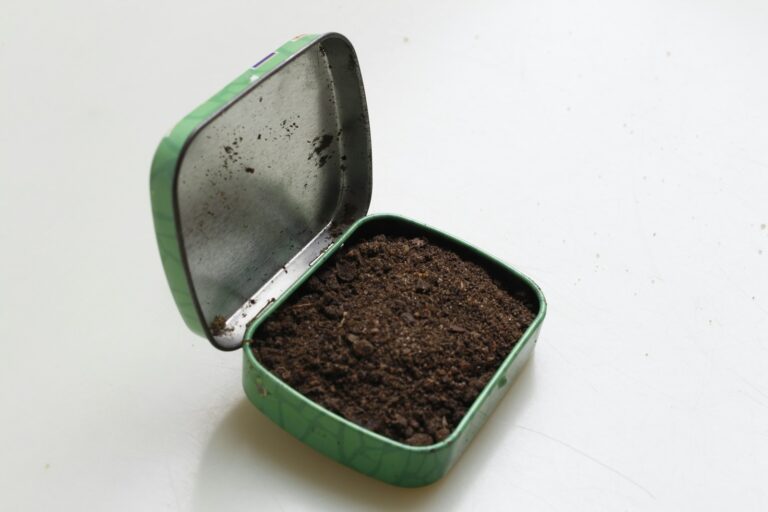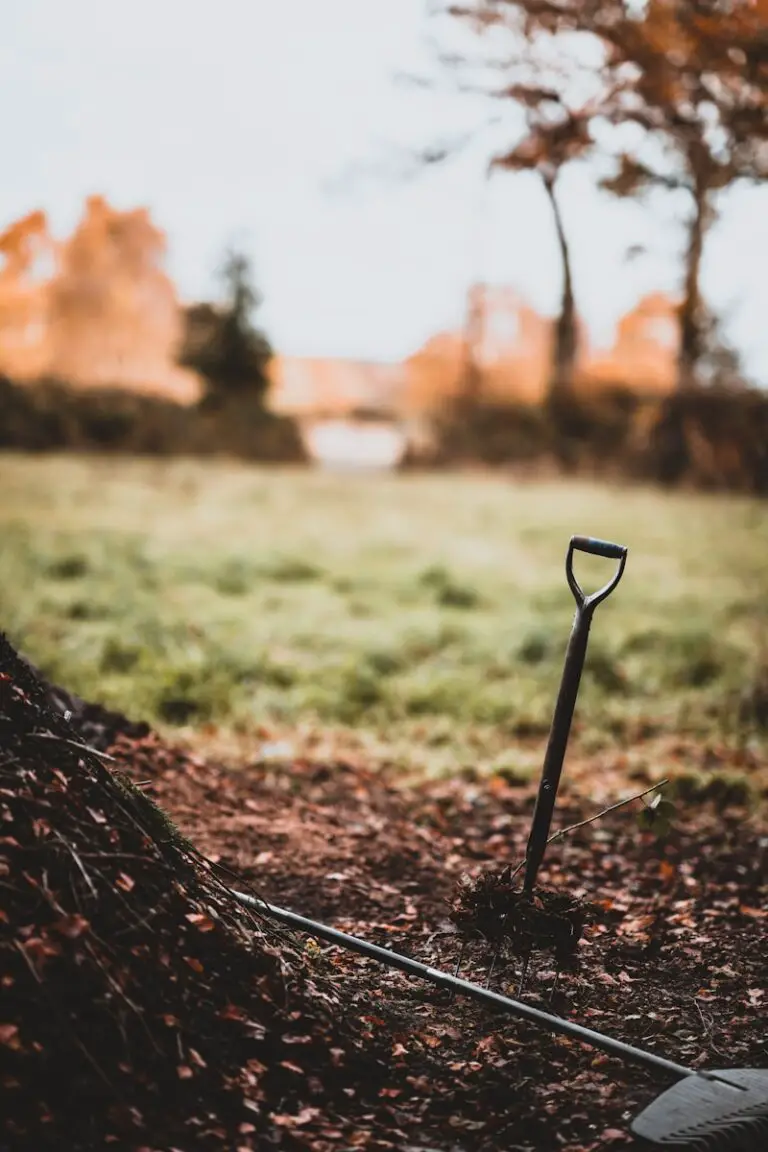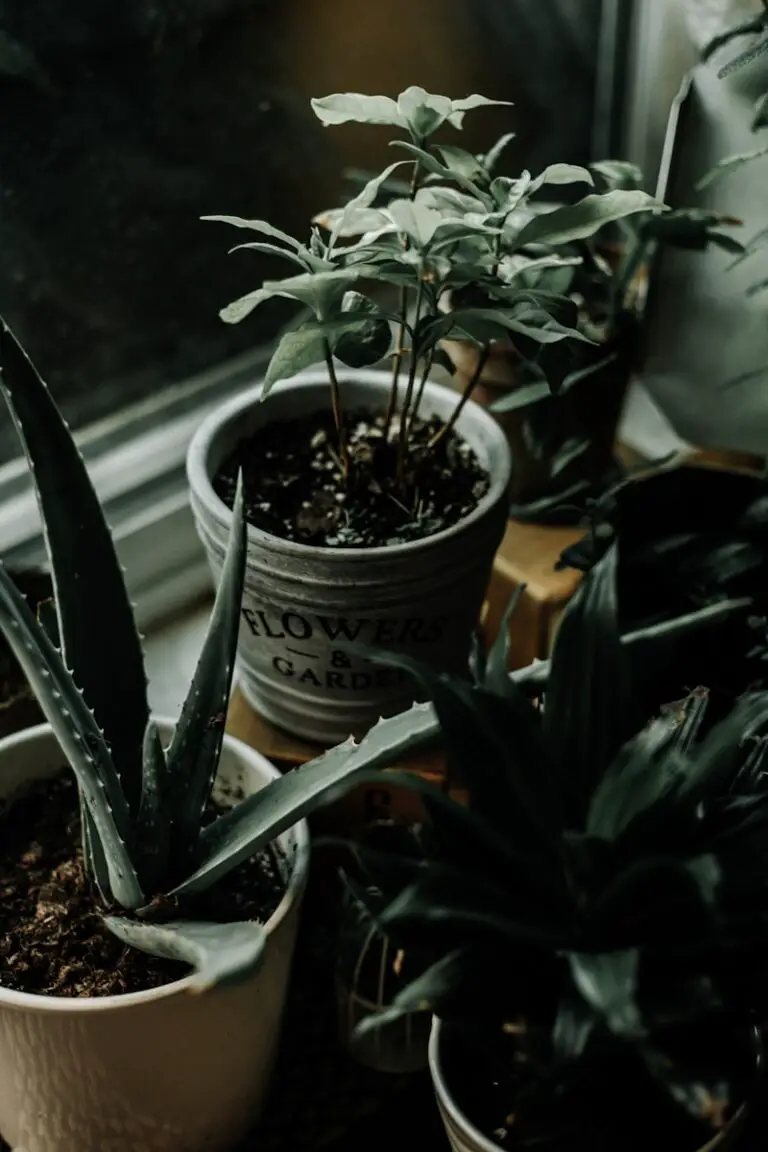Materials to Avoid in Your Garden Compost Pile
Composting is akin to performing an ecological magic trick in your very own garden. It transforms food scraps, yard waste, and soiled cardboard into a nutrient-rich elixir that your plants adore. For eco-conscious gardeners, the allure of home composting is undeniable. It reduces the environmental burden of waste, promotes soil health, and bolsters the circular economy of nature. However, maintaining a compost pile teeming with life and devoid of harmful elements requires a keen understanding of what to avoid.
In this comprehensive guide, we will explore the materials that could cast a detrimental spell on your compost, how their exclusion benefits the environment, and practical tips to ensure your pile remains a powerhouse of sustainability.
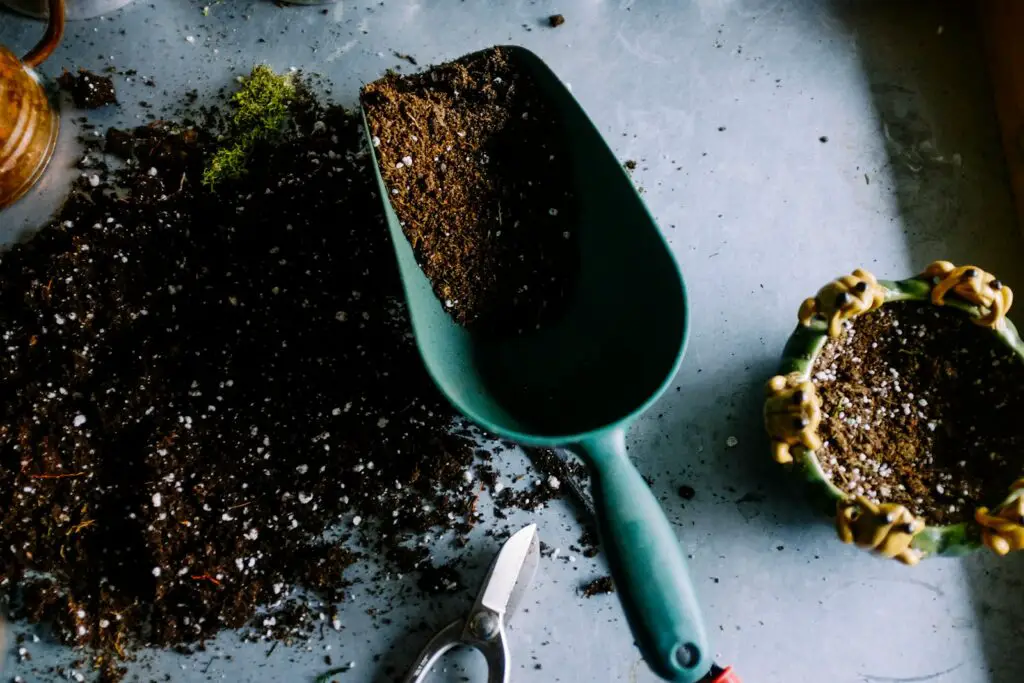
Materials to Avoid in Your Compost Pile
Plastics and Synthetic Materials
The presence of any form of plastic in a compost pile is anathema to its organic integrity. Plastics don’t biodegrade; they photodegrade over time, breaking down into smaller, often micrometre-sized particles that persist in the environment. Common plastic contaminants in compost include packaging materials, bits of cutlery, bags, and even the unintended presence of synthetic clothing fibres. Your compost should only contain materials that decompose into compounds. When plastic infiltrates the composting process, it leads to ‘microplastics’—harmful toxins that may ultimately end up in our food and water.
Meat and Dairy Products
Organic matter from meat and dairy poses several challenges. They decompose at a different rate and under different conditions compared to plant-based matter, potentially leading to odours, attracting pests, and producing a harmful compost. Given that most backyard compost piles do not reach the high temperatures required to kill pathogens, composting meat and dairy can also pose health risks. Instead, choose a vegetarian diet for your compost to reap the benefits without the downsides.
Diseased Plants and Weeds with Seeds
Composting diseased plants can inadvertently spread the illness to other plants when you use the compost as a soil amendment. Likewise, composting weeds with seeds is akin to sowing the ground for next season’s battles with unwanted garden guests. The composting process may not eliminate all weed seeds or plant pathogens, which can lead to unwelcome surprises among your fresh plantings.
Pet Waste
Cat and dog poop, while organic, can contain harmful pathogens like E. coli and salmonella, making it unsuitable for composting. When improperly composted, pet waste carries the risk of contaminating your soil and water with these pathogens. If you wish to handle pet waste sustainably, consider a separate composting system specifically equipped and managed for this purpose.
The Impact of Avoiding the Wrong Materials
Avoiding these materials in your compost pile brings forth a cascade of positive changes. The environment benefits from less plastic contamination and a reduction in organic waste going to landfills. Composting with the right materials produces a healthier, higher-quality end-product that enriches soil structure, retains moisture, and provides a feast of nutrients for your plants.
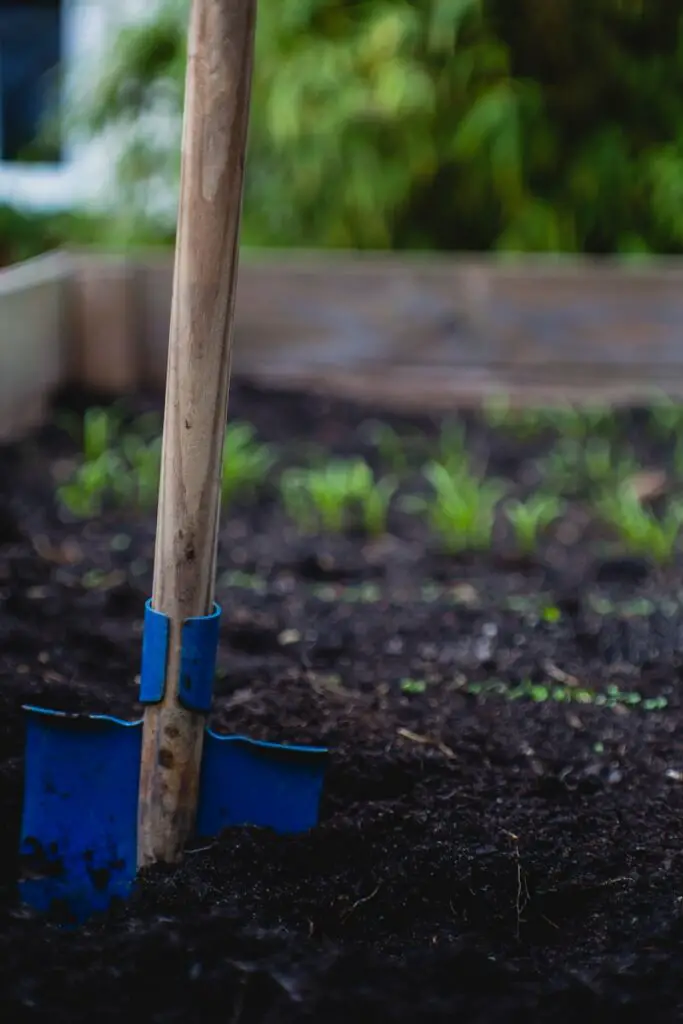
Tips for Effective Composting
Proper Layering Techniques
Effective composting is all about balance. Layering green material, such as kitchen scraps, with brown material, like cardboard and dead leaves, provides the right ratio of nitrogen to carbon, enabling the microbial breakdown that heats up the pile and accelerates the composting process.
Monitoring Compost Moisture and Temperature
A successful compost pile should resemble a living and breathing organism, maintaining a warm internal temperature (50–65 °C) generated by aerobic decomposition. Regular turning keeps the pile well aerated. Monitoring moisture ensures the compost’s microbial ecosystem thrives without drowning or drying out.
Turning the Compost Pile Regularly
Aerating your compost is critical. By turning the pile, you introduce fresh oxygen that feeds the composting process. This also ensures that every part of the pile has the opportunity to interact with the correct temperature and moisture levels.
Conclusion
Composting, when done properly, is a powerful tool for the eco-conscious gardener. It not only reduces waste but also enriches the soil with life, ensuring your garden not only grows sustainably but thrives. By being mindful of what goes into your compost pile, you can contribute to a healthier planet while reaping the benefits of truly natural gardening practices.
Call to Action
The next step on your sustainable gardening journey is to take these insights and apply them to your composting routine. Join the movement of conscientious composters and share your experiences with others. Encourage friends and family to adopt similar habits, expanding the reach of your green thumb to the far corners of your community.
Remember, the core of composting is balance—balance in what materials you use, balance in how you manage your pile, and balance in the ecosystem you’re cultivating in your backyard. And in the end, your efforts will be rewarded with luscious, organic bounty straight from the Earth’s recycling center.

